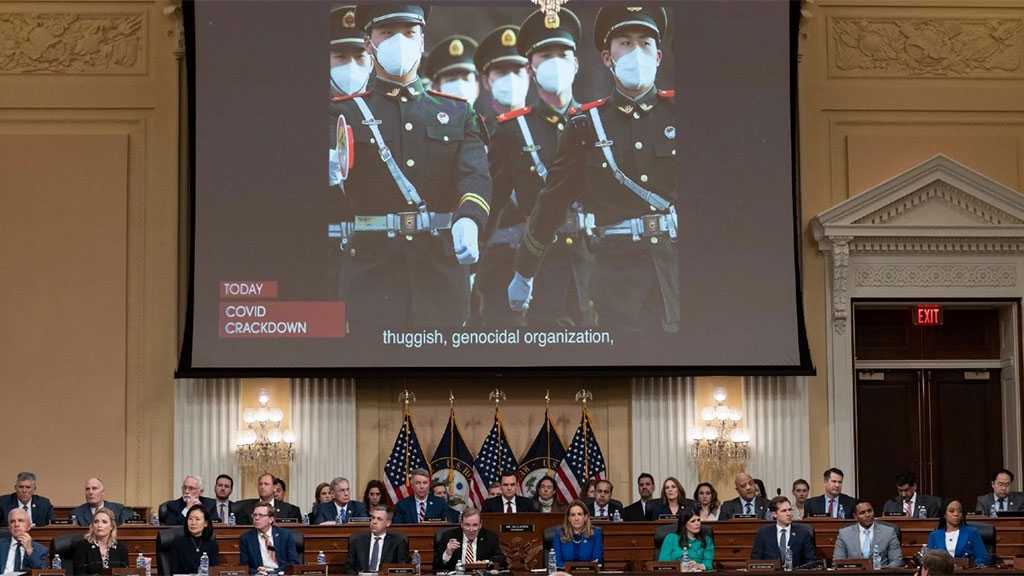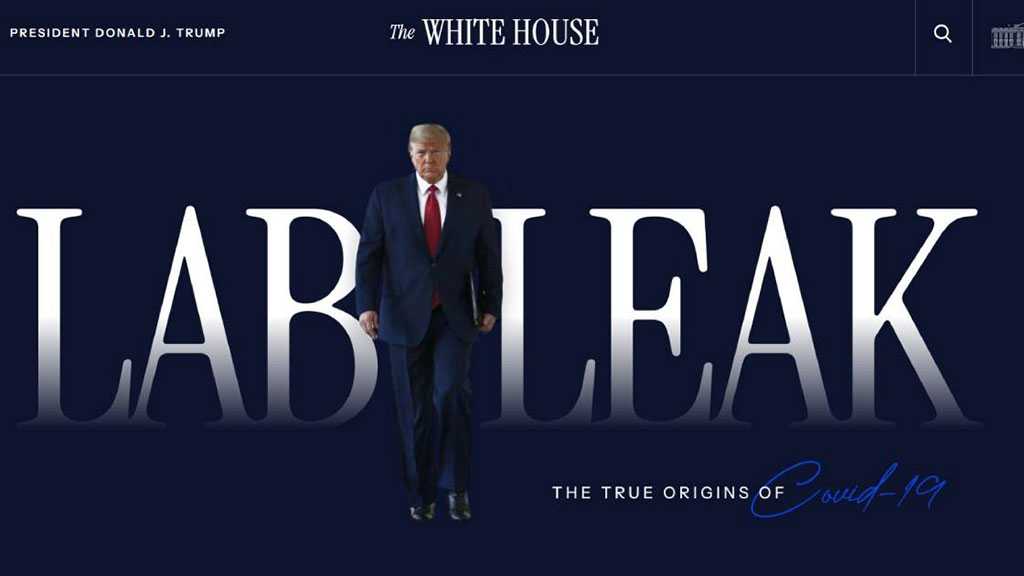New US House Committee on China Cites ‘Existential Struggle’

By Staff, Agencies
The chair of a new bipartisan committee on China in the United States House of Representatives framed the rivalry between the US and China as “an existential struggle” at the panel’s first hearing.
The meeting of the committee — formally known as the House of Representatives Select Committee on the Strategic Competition Between the United States and the Chinese Communist Party [CCP] — comes amid heightened tension between Beijing and Washington after an alleged Chinese spy balloon flying over North America was shot down.
“This is not a polite tennis match. This is an existential struggle over what life will look like in the 21st century — and the most fundamental freedoms are at stake,” said Mike Gallagher, the committee’s Republican chairperson, as he opened the hearing.
The top Democrat on the committee said the initiative was part of an effort to convince people in the US about why they should care about competing with China, and to “selectively decouple” the two countries’ economies. The committee has strong support across the House and the vote to create it was bipartisan, 365-65.
Tensions between the US and China have been rising for years, aggravated by China’s handling of the COVID-19 pandemic, which emerged in the central city of Wuhan in 2019, actions in Hong Kong and Xinjiang, aggression towards Taiwan, and the recent spy balloon flight.
The new committee, which includes 13 Republicans and 11 Democrats, is expected to be at the center of legislators’ efforts to counter Beijing over the next two years and is likely to put pressure on US President Joe Biden to take a firmer line on China.
“It’s another indication of the negative slide, the downward spiral, in the US-China relationship,” Michael Swaine, a Washington, DC-based analyst of Chinese security studies, said of the committee.
Gallagher has assured those concerned the committee’s work could help drive anti-Asian hate crimes that he is committed to ensuring the focus is on the Chinese Communist Party, not on the people of China.
Comments
- Related News




